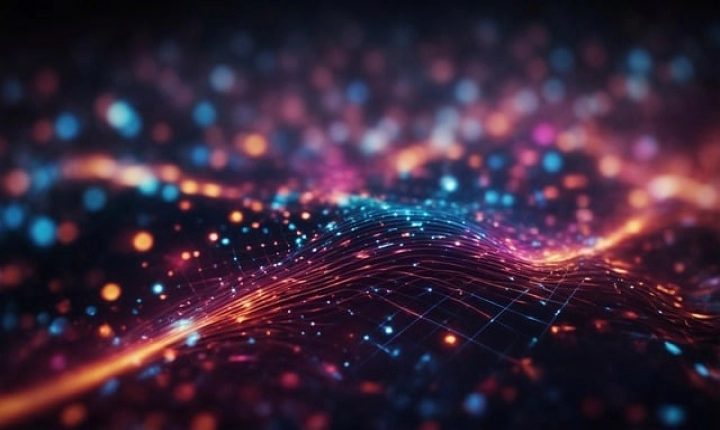Can AI Create a Song?
Artificial Intelligence (AI) has been making rapid advancements in various fields, from language processing to image recognition. But can AI create a song? The answer is yes, and recent developments in machine learning and AI have shown that AI can indeed compose music.
AI has the ability to analyze large datasets of music to understand patterns, structures, and styles in different genres. This understanding of music theory allows AI to generate original compositions by applying the learned patterns and styles. One of the most popular AI-generated music compositions is “Daddy’s Car,” a song created by a machine learning algorithm by analyzing The Beatles’ music.
Additionally, AI can also generate music by learning from various musical inputs and then composing music in a similar style. This process involves training the AI model on an extensive collection of musical works and then allowing it to create original pieces based on the learned patterns.
There are also AI tools specially designed for musicians and producers to aid them in the songwriting process. These tools can provide suggestions for chord progressions, melodies, and even whole song structures. They can also analyze existing music to generate new compositions in a similar style.
While AI-generated music has received mixed responses from music purists, there is no denying that it has the potential to offer a new perspective on music creation. AI can explore unique combinations of sounds, rhythms, and melodies that human composers may not have considered, opening the door to unprecedented musical experiences.
However, the question of whether AI-generated music can evoke the same emotional depth and complexity as human-created music remains a topic of debate. Critics argue that AI lacks the ability to convey genuine emotions and experiences through music, a crucial aspect of musical composition.
Despite the ongoing debate, AI’s ability to create music has the potential to revolutionize the music industry. It can serve as a valuable tool for musicians and producers, offering new avenues for creativity and inspiration. Furthermore, AI-generated music may open up opportunities for collaboration between human musicians and AI systems, leading to entirely new musical experiences.
In conclusion, AI has demonstrated its potential to create music, challenging the traditional notions of creativity and composition. While the emotional depth of AI-generated music is subject to interpretation, there is no denying the impact it has on the music industry. Whether AI can truly create a song that resonates with human emotions is yet to be fully determined, but for now, it is clear that AI has become a significant player in the world of music creation.
